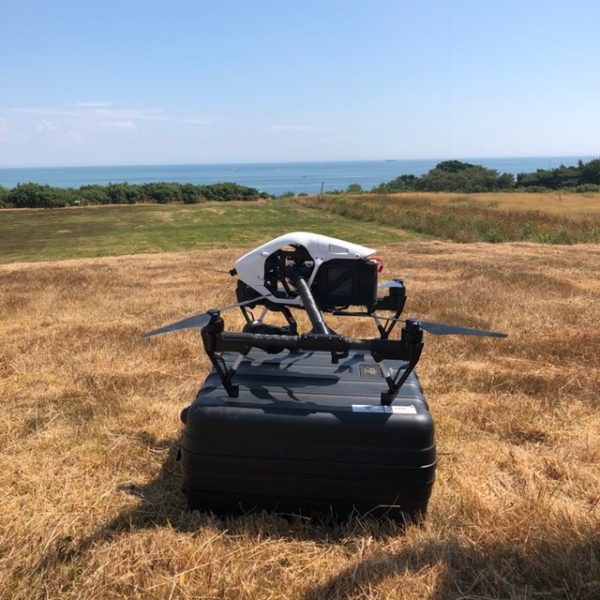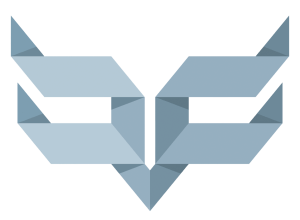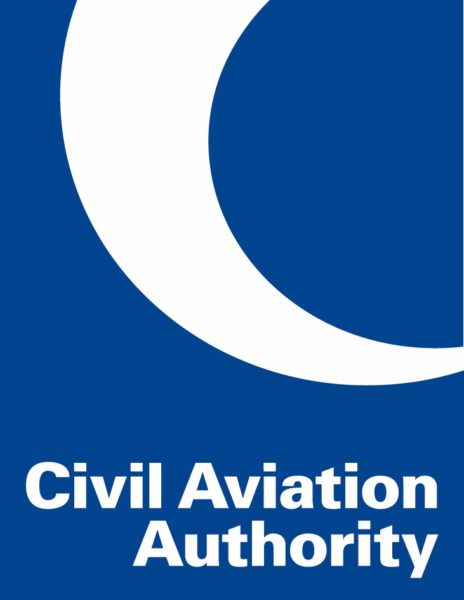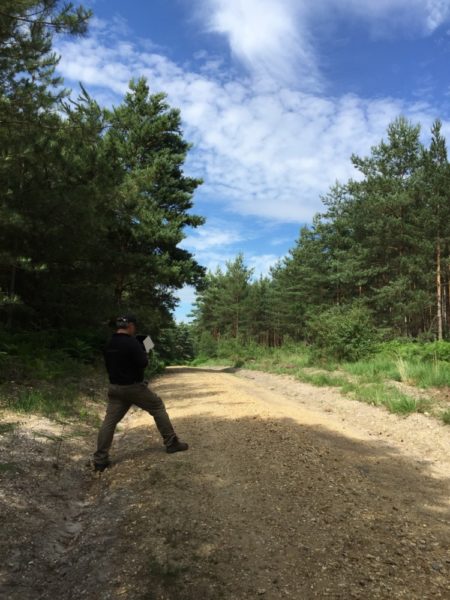
BBC One Filming in Dorset

We were thrilled to be working with the BBC One Show team again, this time down in sunny Dorset at two locations to provide aerial footage and general views to accompany a piece that they were putting together.





Durdle Door is one of Dorset’s most iconic landmarks and drones are not normally allowed to fly in the area so we were excited to have this opportunity. Unfortunately, just as we were about to take off the fog rolled in which meant that visibility of the rock formation wasn’t quite as good as we would have initially liked although it certainly did add a little drama to the finished footage.
Of course the drone flight laws means that you can’t fly near members of the general public which meant that we had quite a hike (Steve carrying the drone on his shoulders which was certainly a challege in 30 degree heat!) but the resulting footage was well worth the extra effort. Keep an eye on here for the forthcoming showreel.

The Importance of Solar Panel Inspections in Spring
Spring and summer are peak months for solar energy production—ensure your panels are operating efficiently with a professional thermal imaging inspection. Compliance with IEC62446-3:2017 is essential for both commercial and domestic systems, helping to prevent faults, optimise performance, and maintain insurance coverage. Book your inspection today!
Facebook, Instagram and Threads Removal
Departing Facebook, Twitter, and Instagram to Uphold Ethical Principles In an era increasingly shaped by the influence of powerful social media platforms, Drone Media Imaging has made the principled decision to leave Facebook, [...]
In Thermography what is the difference between Quantitative vs Qualitative analysis
Quantitative and qualitative thermography are two essential methods in thermal imaging analysis. Quantitative thermography measures exact temperature values, while qualitative thermography focuses on pattern recognition. Both play a crucial role in building inspections, electrical fault detection, and industrial diagnostics. Understanding their differences helps professionals choose the right approach for accurate thermal assessments. Drone Media Imaging provides expert thermographic services, ensuring precise, reliable results. Contact us today for professional thermal imaging analysis.
We were filming in the midst of a heat wave and the sun shone brightly as we hit the beaches at Studland and Durdle Door – offering us a rare opportunity to fly these normally hard to access areas.
Expert Infrared Inspections for Accurate Thermal Assessments
Need professional thermographic analysis for your project? Our certified experts use the latest infrared technology to deliver precise results. Contact Drone Media Imaging today for expert thermal imaging services.












